Venezuela history is a complex tapestry woven with the threads of indigenous cultures, European colonization, struggles for independence, political upheavals, and economic challenges. From the pre-Columbian civilizations that thrived in the region to the contemporary socio-political landscape, Venezuela’s story is marked by diverse influences and a quest for national identity. In this comprehensive exploration, we will delve into key periods and milestones, unraveling the layers of Venezuela’s history.
Pre-Columbian Venezuela:
Long before the arrival of Europeans, the territory of present-day Venezuela was inhabited by indigenous peoples with rich and diverse cultures. The Carib, Arawak, and Chibcha were among the prominent groups that inhabited different regions of the country. These societies developed sophisticated agricultural practices, pottery, and distinctive artistic expressions.
In the western regions, the Timoto-Cuica people established complex societies with organized settlements and ceremonial centers. The Carib-speaking groups, concentrated in the northern and eastern areas, had a more decentralized social structure and were known for their seafaring skills.
The arrival of Europeans in the 15th century, particularly the Spanish explorers led by Christopher Columbus, marked the beginning of a new chapter in Venezuela’s history.
Spanish Colonization (15th – 19th centuries):
Christopher Columbus, during his third voyage in 1498, explored the Venezuelan coast. However, it was the Spanish explorer Alonso de Ojeda who is credited with the first European landing on Venezuelan soil in 1499. Ojeda’s encounters with the indigenous people were marked by both cooperation and conflict.
In the early 16th century, Spanish conquistadors such as Diego de Losada and Pedro de Alvarado initiated expeditions to explore and conquer the interior of Venezuela. The discovery of gold in the region fueled Spanish interest, leading to the establishment of settlements such as Coro in 1527.
The Spanish crown organized Venezuela as part of the Captaincy General of Venezuela, with Caracas founded in 1567 as its capital. The colony’s economy revolved around agriculture, mining, and cattle ranching. African slaves were brought to work on plantations, contributing to the demographic diversity of the colony.
Venezuela’s colonial period was characterized by a rigid social hierarchy, with Spanish settlers at the top, followed by mestizos (people of mixed European and indigenous heritage), indigenous populations, and enslaved Africans. The Catholic Church played a central role in colonial society, influencing both religious and secular aspects of life.
Struggle for Independence (19th century):
The winds of change that swept through Latin America in the early 19th century also reached Venezuela. Inspired by Enlightenment ideals and influenced by the success of independence movements in neighboring countries, Venezuelans began to envision a future free from Spanish rule.
The catalyst for Venezuela’s struggle for independence was the Caracas Junta, a group of local leaders who declared their allegiance to the Spanish Constitution in 1810. This marked the beginning of a series of events that led to the declaration of independence on July 5, 1811. The prominent figures in this movement included Francisco de Miranda, Simón Bolívar, and Antonio José de Sucre.
However, the path to independence was fraught with challenges. The Venezuelan War of Independence witnessed a series of battles, shifting alliances, and external interventions. Bolívar, known as the “Libertador,” emerged as a central figure in the struggle. The Battle of Carabobo in 1821 marked a decisive victory for the independence forces, leading to the establishment of the Gran Colombia federation, which included Venezuela, Colombia, Ecuador, and Panama.
Gran Colombia and Bolívar’s Legacy (1821 – 1830):
Simón Bolívar, as the leader of Gran Colombia, faced the formidable task of consolidating the newly liberated territories and navigating the complexities of post-independence governance. While Bolívar envisioned a unified and strong South American federation, internal divisions and regionalism proved challenging to overcome.
Gran Colombia faced internal strife and external threats, including Spanish loyalists seeking to reclaim their lost territories. In 1828, Bolívar convened the Congress of Panama in an attempt to promote continental unity. However, the aspirations for a grand federation were not realized, and Gran Colombia eventually dissolved in 1830.
Venezuela, along with other regions, became an independent nation, but the early years of the republic were marked by political instability, power struggles, and regional conflicts. Bolívar, disillusioned by the challenges of governance and plagued by health issues, resigned and went into exile. His legacy, however, endured as a symbol of the fight for independence.
The 19th-Century Turmoil (1830 – 1899):
The post-independence period in Venezuela was marked by political turbulence, economic challenges, and foreign interventions. The nation experienced a series of short-lived governments, caudillos (military strongmen) vying for power, and regional conflicts. The caudillo José Antonio Páez played a prominent role during this period, serving multiple terms as president.
The mid-19th century saw the emergence of the Federal War (1859–1863), a conflict between federalists and centralists that further deepened political divisions. The war had a profound impact on Venezuelan society, leaving scars that persisted for decades.
Economic development during this period was tied to agriculture, particularly cacao cultivation. However, the reliance on a single export commodity made Venezuela vulnerable to fluctuations in global markets. The economic challenges, coupled with political instability, contributed to a cycle of unrest and power struggles.
The end of the century witnessed efforts to modernize and diversify the economy. Infrastructure projects, including the construction of railways, aimed to connect different regions and facilitate economic growth.
Oil Boom and Dictatorship (20th century):
The early 20th century brought transformative changes to Venezuela with the discovery of oil. In 1914, oil was struck in the Maracaibo Basin, leading to an oil boom that would significantly alter the nation’s economic landscape. The Venezuelan oil industry attracted foreign investment, and the government’s revenue soared with oil exports.
Juan Vicente Gómez, a military officer, rose to power in 1908 and established a long-lasting dictatorship that lasted until his death in 1935. Gómez maintained political control through repression, censorship, and manipulation of elections. Despite his autocratic rule, Gómez’s regime benefited from the economic windfall of the oil industry.
In the latter half of the 20th century, Venezuela experienced a series of political transitions, including democratic elections and military coups. The nation faced challenges of political instability, social inequality, and economic disparities. The emergence of political parties such as Democratic Action (Acción Democrática) and the Social Christian COPEI (Comité de Organización Política Electoral Independiente) marked attempts to establish democratic governance.
Democracy and Social Changes (1958 – 1998):
The year 1958 marked a significant turning point in Venezuelan history with the overthrow of Marcos Pérez Jiménez, a military dictator who had seized power in 1952. The collapse of the Pérez Jiménez regime led to the establishment of a democratic government and the initiation of a period known as the Fourth Republic.
Venezuela experienced economic growth during the 1950s and 1960s, driven by oil exports and increased government revenue. The government implemented social programs and infrastructure projects, aiming to improve living standards and address social inequality. However, the benefits of economic growth were not evenly distributed, and disparities persisted.
The discovery of vast oil reserves in the Orinoco Belt in the 1970s further bolstered Venezuela’s position as a major oil exporter. The oil industry became a central pillar of the economy, contributing significantly to government revenue.
The 1980s and 1990s, however, saw economic challenges, including a decline in oil prices and increased external debt. The government implemented economic reforms, including privatization and austerity measures, under President Carlos Andrés Pérez. These measures sparked social unrest, culminating in the Caracazo protests in 1989, during which the government’s response resulted in significant casualties.
Hugo Chávez and the Bolivarian Revolution (1998 – 2013):
The late 20th century laid the groundwork for the political transformation that would define Venezuela in the 21st century. In 1998, Hugo Chávez, a former military officer, won the presidential election with a promise to address social inequality, poverty, and corruption. Chávez, a charismatic leader, initiated the Bolivarian Revolution, named after Simón Bolívar.
Chávez’s presidency was marked by significant political, social, and economic changes. The government increased state control over key industries, implemented social programs known as “Missions” to address healthcare and education, and promoted a sense of nationalistic pride. The constitution was rewritten in 1999, creating a new political framework for the country.
However, Chávez’s leadership also faced criticism for authoritarian tendencies, media control, and economic mismanagement. The nation became polarized between supporters of the Bolivarian Revolution and its detractors.
Chávez’s presidency endured through turbulent periods, including an attempted coup in 2002 and a contentious oil strike in 2002–2003. His leadership and policies shaped the trajectory of Venezuela and left a lasting impact on its political landscape.
Political and Economic Crisis (2013 – Present):
Following Hugo Chávez’s death in 2013, Nicolás Maduro, his chosen successor, assumed the presidency. Maduro faced numerous challenges, including a steep decline in oil prices, economic mismanagement, and accusations of electoral irregularities.
The country plunged into a severe economic crisis, marked by hyperinflation, scarcity of basic goods, and a sharp contraction of the economy. The crisis triggered a wave of protests, both in support of and against the government, leading to a complex and polarized political environment.
The Venezuelan political crisis escalated in 2019 when opposition leader Juan Guaidó declared himself interim president, challenging Maduro’s legitimacy. Guaidó received international support from numerous countries, including the United States and several European nations.
The crisis has led to a humanitarian emergency, with millions of Venezuelans experiencing food and medicine shortages, as well as mass migration to neighboring countries. The complex geopolitical dynamics, international sanctions, and internal power struggles have further complicated efforts to find a resolution.
In recent years, Venezuela has become a focal point of international attention, with ongoing discussions about the path forward, the role of external actors, and the aspirations of the Venezuelan people. The country faces the formidable task of rebuilding its economy, restoring political stability, and addressing the urgent humanitarian needs of its population.
Conclusion:
Venezuela’s history is a narrative of resilience, struggle, and transformation. From the ancient cultures that thrived in the region to the complexities of colonization, the fight for independence, and the challenges of nation-building, Venezuela’s story reflects the enduring spirit of its people.
The nation’s rich cultural diversity, influenced by indigenous heritage, Spanish colonization, and a history marked by political shifts, is evident in its vibrant art, music, and literature. The quest for social justice, economic stability, and political representation has shaped Venezuela’s journey, with each chapter leaving its imprint on the national identity.
As Venezuela navigates the 21st century, the challenges are formidable, and the aspirations for a better future are deeply intertwined with the complexities of its recent history. The ongoing political and economic crisis, coupled with international dynamics, underscores the urgency of finding sustainable solutions that address the needs and aspirations of the Venezuelan people.
The nation’s ability to draw strength from its diverse heritage, confront historical and contemporary challenges, and forge a collective path forward reflects the resilience of a people with a history as diverse and dynamic as the land they call home. The future of Venezuela remains uncertain, but the echoes of its past continue to shape its present and influence the aspirations for a better tomorrow.


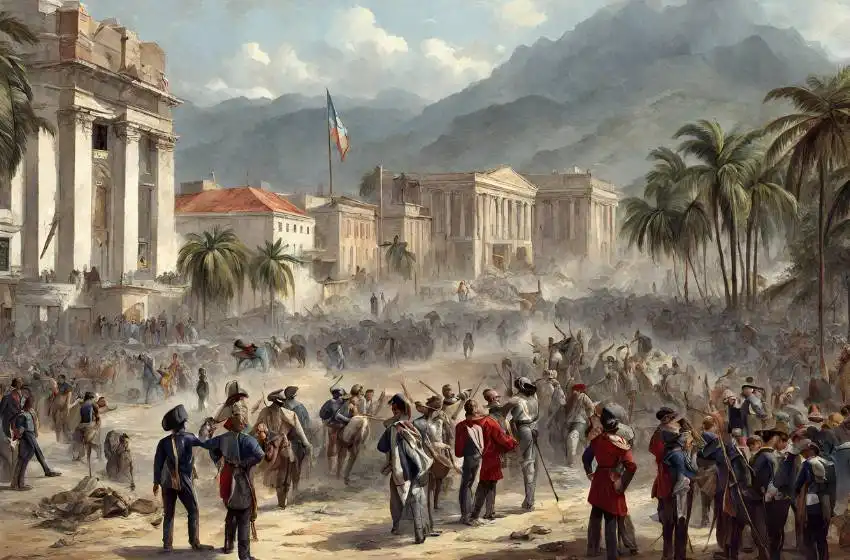
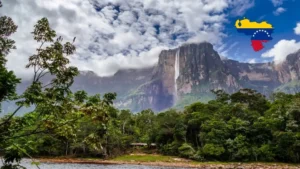
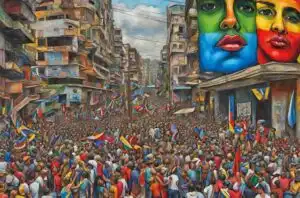
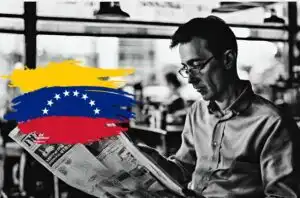
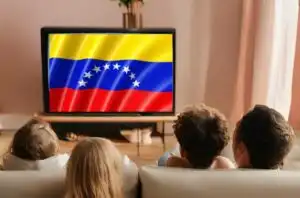
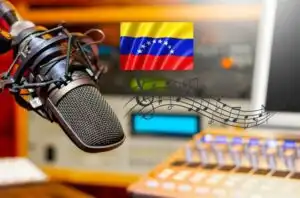
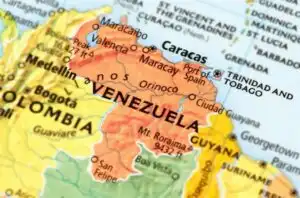
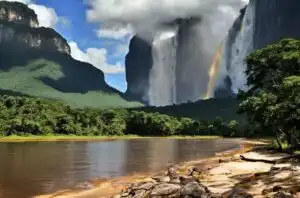
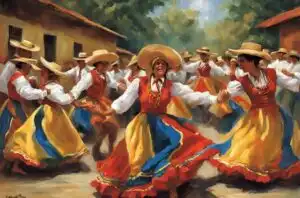
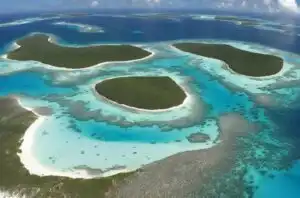
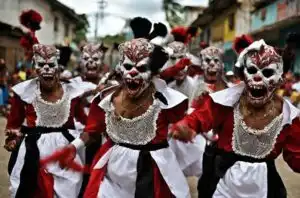
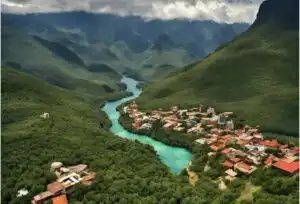
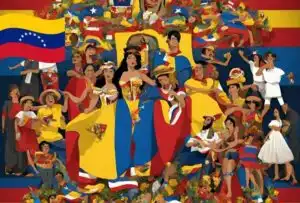
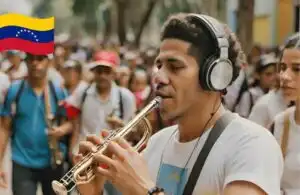

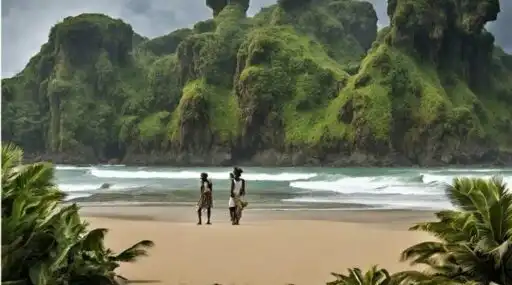
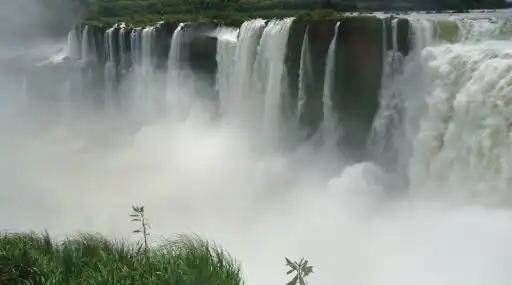

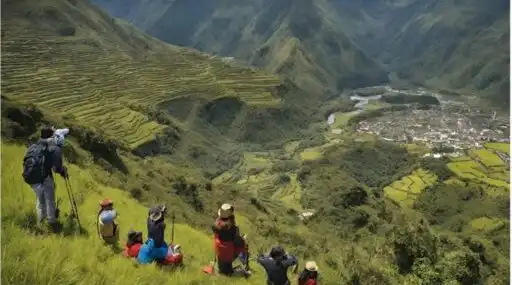
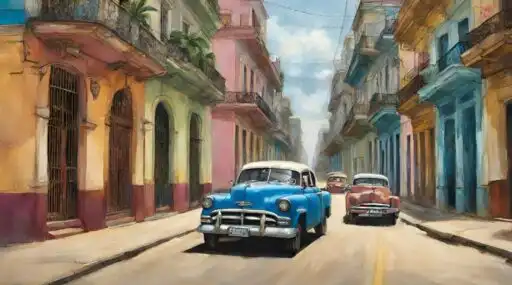
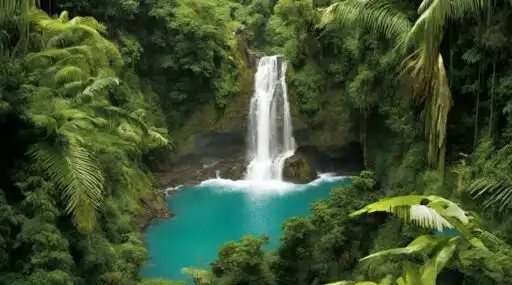
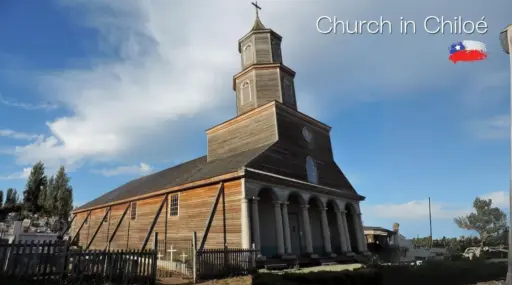
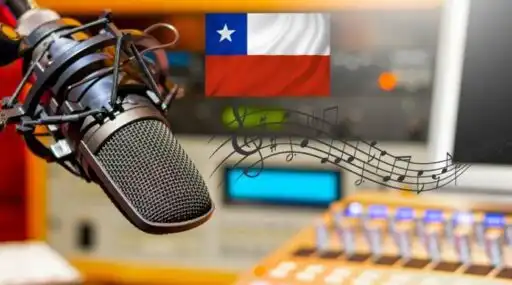
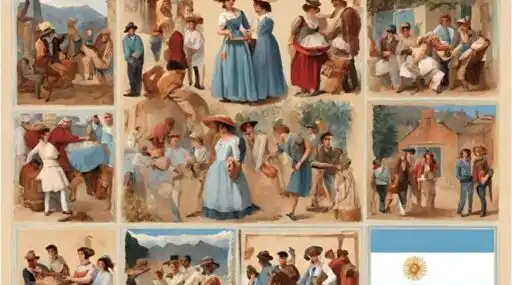
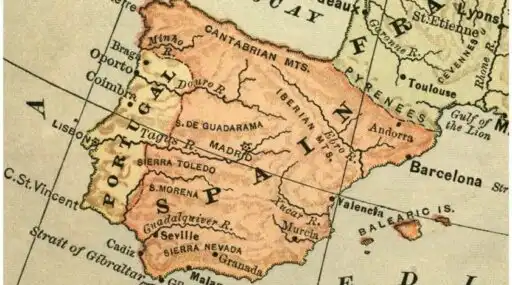


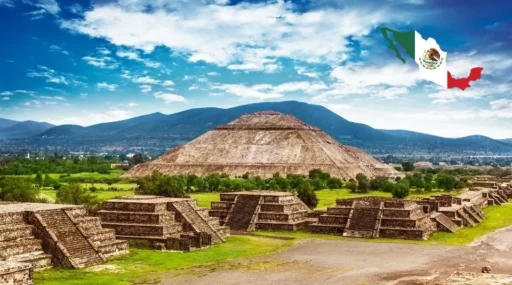
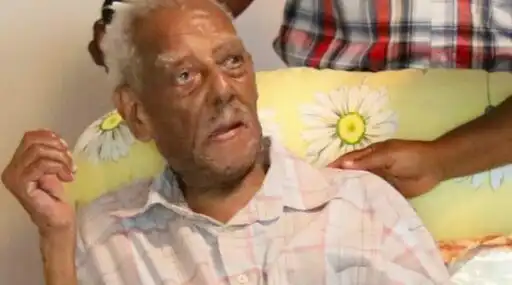


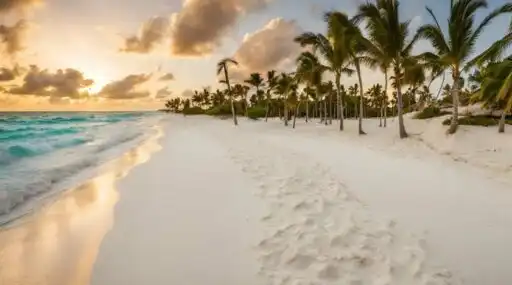


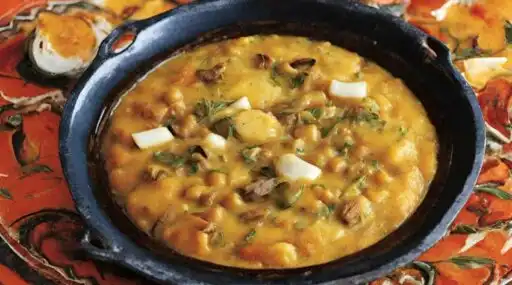
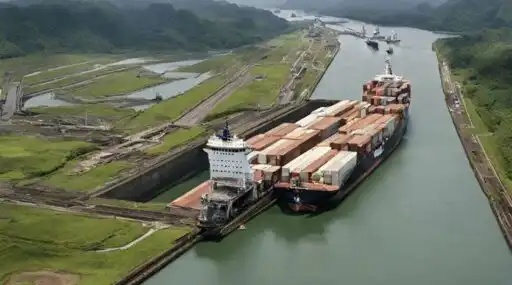
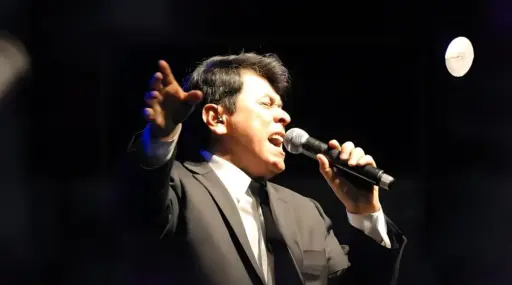




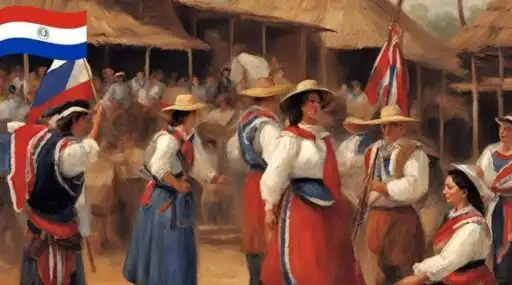
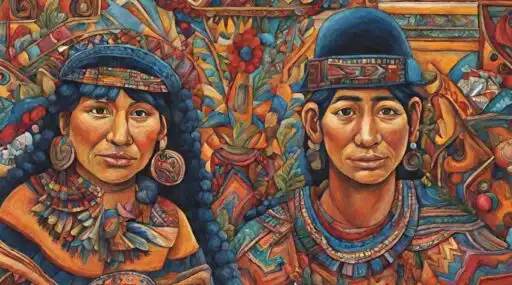
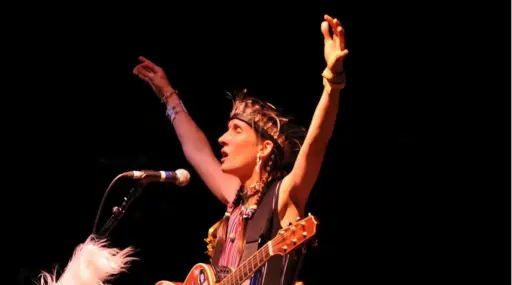

Leave a Reply